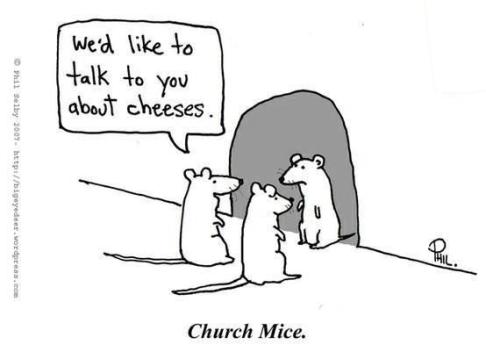"While Jesus was having
dinner at Levi’s house, many tax collectors and sinners were eating with
him and his disciples, for there were many who followed him." (Mark 2:15)
I’m guessing this story is the basis for the “Jesus
parties” used as an evangelistic tool in the 90s.
You invite all your friends over for food and games, and then when everyone’s
having a good time, climb a soapbox, and ambush them with a sermon about their
sin. The difference between that and Levi’s party? Levi’s open house flows
naturally and honestly out of who and where he is.

When I was at writing school in Saskatchewan this
May, I was surrounded by diverse people - Daoist, pantheist, atheist - some of them had grown up in church and Christian camp and now felt
like they’d been there/done that/moved on. I struggled with when to say things
about my faith. I didn’t want to silence a big part of myself, but I was
horrified at the thought of making my new friends feel like stickers on a Sunday
school witnessing chart. I decided all I could do was invite the Spirit into my
conversations. If the idea popping into my head was something I’d share with my
Christian friends, like adding how God cares for fallen sparrows into a
conversation about the symbolism of birds, I’d say it. If it felt defensive or
contrived, I’d leave it out.
Mark says, “Many tax collectors and ‘sinners’ were
eating with Jesus and his disciples.” It’s not the religious leaders who first call
this group sinners, but Mark himself. Mennonite scholar Tim Geddert suggests perhaps
that these aren’t just people the pious would find ceremonially incorrect, but
those “known as notorious sinners, those who would agree that the designation
suits them.”
Like the two Muppets in the balcony, the Pharisees
jump in with heckles, criticizing Jesus to his disciples for eating with
"sinners." Why are the Pharisees even there? Were they following Jesus or did
they just happened by? Dining rooms were often adjacent to courtyards, it
would’ve been easy for passersby to eavesdrop.
The Pharisees' critique is a valid one. If you want
to be a public figure, a respected teacher, you’re going to be judged by the
quality of your followers. My family was asked to leave a music class once
because if we didn’t, the other families were threatening to pull out their
children. Jesus’ choice to include the socially unacceptable followers meant he
might lose the upstanding ones, along with his reputation in the synagogue.
Jesus responds with a popular Greek and Hebrew proverb: “It is not
the healthy who need a doctor but the sick.” In the Jewish form, God is
physician. Interesting choice of metaphor, since he’s spent the
last chapter trying to get away from the crowds seeking him as doctor, instead
of teacher.
But here Doctor Jesus isn’t healing just individual
bodies, but a community. We’d all love for Jesus to heal broken parts in our
bodies and minds, and I believe he does heal, more often than we’re comfortable
talking about. But here, “The [doctor] image implies that, whereas the
critics see sinfulness as something simply to exclude and avoid - and certainly
to judge and condemn - for Jesus ‘sinners’ are sick people in need of inclusion
and healing,” writes Brendan Bryne.
It's politically incorrect to call people “sick”
today, until we truly acknowledge that this means all of us, and that “patient
in treatment,” when Jesus is the physician on call, is very hopeful indeed.
Jesus’ statement “I have not come to call the
righteous but sinners” takes us back to the call of Levi. Jesus doesn’t just
heal or call people to repent, he calls us to follow.
Which is Levi: a sinner or a disciple? The irony is
that Levi and many of the other guests are already disciples, not sinners; it’s
no longer possible to draw a rigid distinction. Pharisees categorized people as
sinners and righteous, tax collector and teacher; Jesus is forming a new
household that rejects labels.
So is Jesus saying he’s only interested in those who
know they’re sinners, not the self-proclaimed “righteous”? No, his focus is
those who’ve been rejected, but he includes everyone in that, even the
pompously self-righteous (who today are most likely among the rejected!). I
think he’s saying, between the families threatening to leave the music class,
and my own needy, quirky one, he’d include us and let the other families
choose.
Conclusion in the next post.
Conclusion in the next post.
No comments:
Post a Comment